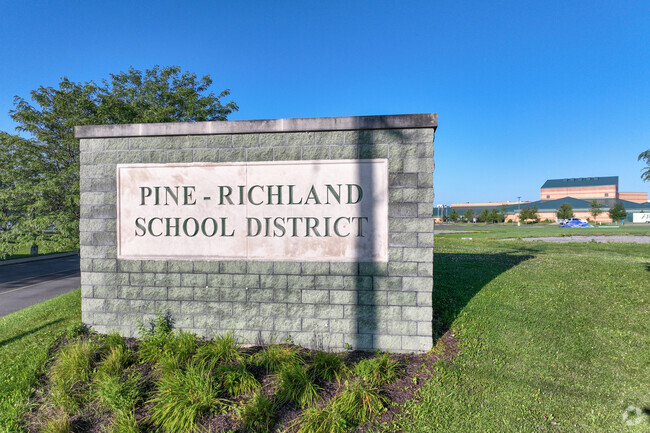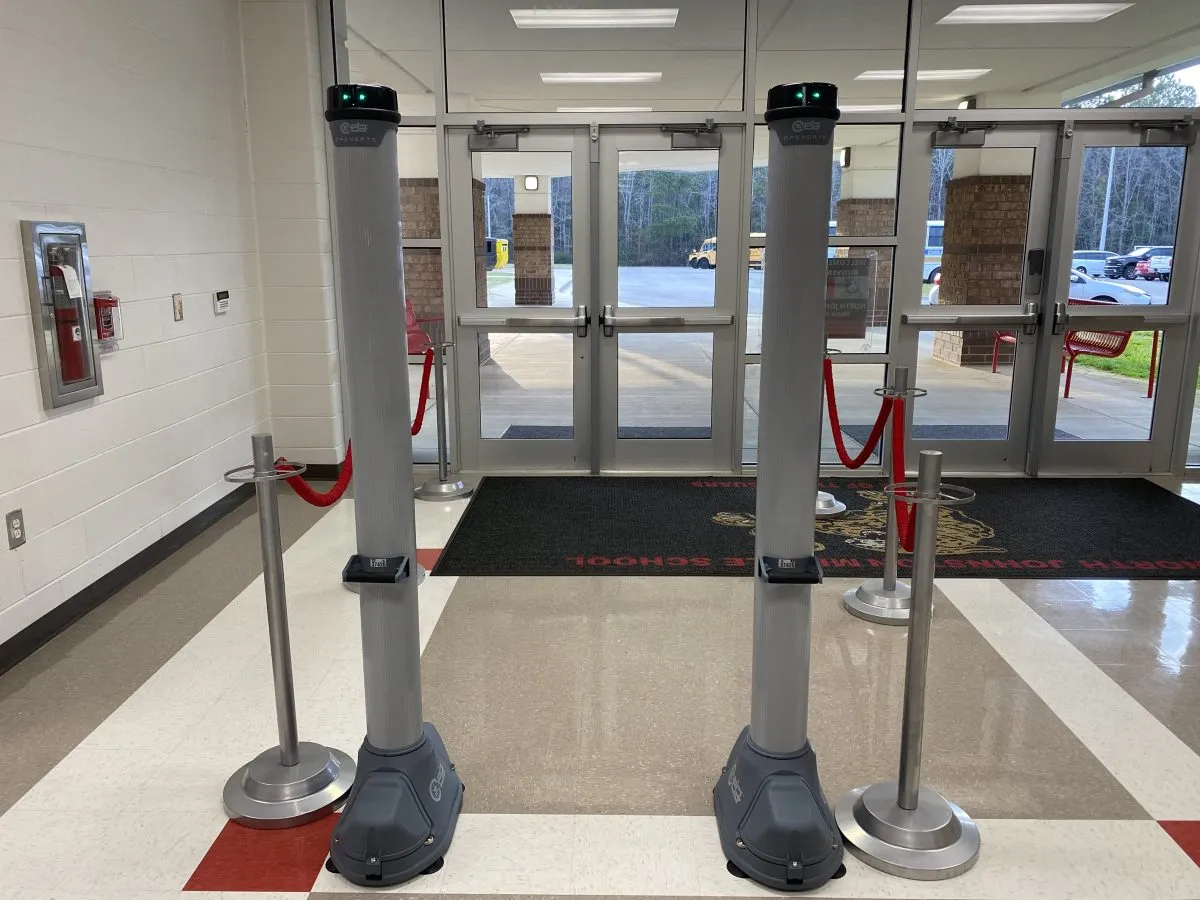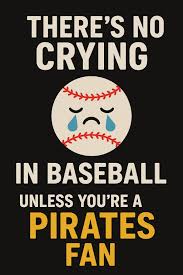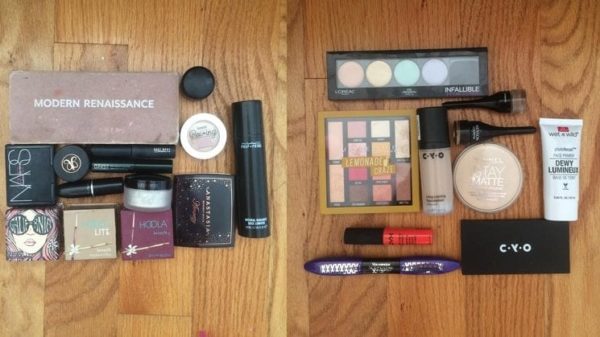Recently, the Pine-Richland School District unveiled a new policy—one that has sparked concern from parents and students inside and outside of the district, and rightfully so. This policy makes it mandatory for books to be approved before being placed in school libraries, curriculum, or any school organization. Who approves them? The school board. If not approved by the PR school board, these books will be banned from the school’s curriculum and library.
The book that prompted this decision was “Angel of Greenwood” by Randi Pink. It follows two characters in the lead-up to and during the Tulsa Race Massacre in 1921 while also discussing social and political change at the time in a way that’s light enough for a school classroom. However, not everyone agreed. Some felt the book was not advanced enough for ninth-grade students, despite it being recommended for grades 9 and up by the School Library Journal. Back in 2023, something similar happened—that time, 14 books were challenged, all of which featured LGBTQ+ characters.
It’s hard not to see the connections between the challenged books. They all deal with topics concerning race, gender, and sexual orientation. This raises the question of whether they are truly inappropriate or not advanced enough, or if there’s a bias against those subjects and sometimes uncomfortable topics. While the policy may include a section about the inclusion of books from different perspectives, that doesn’t account for the bias of those reviewing them. People are still prone to prejudice and could deem anything involving those topics to be inappropriate.
Because of this, there are real concerns about the books being challenged. Are they simply being pushed aside because of the topics discussed, or due to genuinely inappropriate content for kids? There is a big difference between banning smut from a school library and banning books that feature characters of different races, genders, and sexual orientations or take place during historical events that feature those things. To view those things as equally inappropriate is simply wrong and leads only to confusion and a warped perspective of the world for kids.
Once a child leaves home or steps outside their bubble, parents and school districts won’t be able to hand-pick the world. Uncomfortable topics featured in books are usually truthful, or inspired by something that happened in real life. People of different opinions and backgrounds are commonplace in real life. You cannot handpick those people, like you can a book, but reading a book about different perspectives can help educate a child and broaden their mindset. Without that, it teaches them that the world is structured around them and only what they know and that there aren’t different ideas or experiences in the world.
Along with that, children will lack critical deductive skills. Books that, for instance, feature drug abuse may be seen as inappropriate. However, reading those books can help them begin to understand the world and dangers in it. Reading sources with questionable actions helps them determine what they think is right and wrong, and shapes their morals, as well as their ability to make large choices as they get older. If they have never been given these opportunities, it leads to struggles in their future, and they’ll expect every issue they face to be mild, watered-down events.
In addition, it runs the risk of making reading boring for kids. Every child likes something different, and if a kid wants to see themselves in a book but can’t, will that encourage them to keep reading or will it discourage them and send the message that there is something about them that isn’t worthy of being written about?
Hearing constantly about characters who all share the same traits can grow tiring and just isn’t reality. Stories that ignore the history of our country lead to nothing but pure ignorance.
The Pine Richland policy is flawed. It encourages bias and prejudice and will impact kids’ lives today and far into the future. Books with inappropriate content need to be removed from school libraries, but using that as a disguise to further narrow-minded ignorance is not the way to do it.
This policy feeds into the bias of what only certain individuals feel is appropriate. Children need to learn how to sort through things, choose what they want to read, and have a variety of books to choose from, especially books that feature representation of all groups of people and experiences. Instead of excluding the books, it would be far better for parents to include themselves into discussing differing ideas instead of trying to abolish them.









